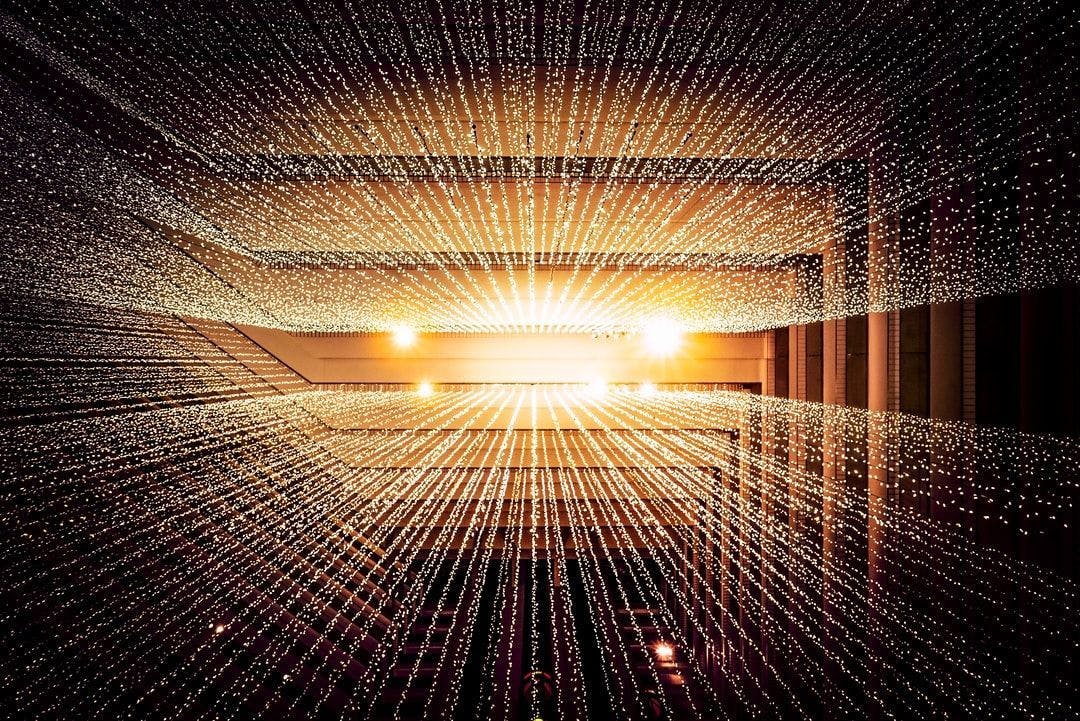891 reads
How Web3.0 Will Change the Way We Think of the Internet
by
October 19th, 2021
Audio Presented by

Web3 Content Strategist & Ghostwriter. Worked with several crypto startups and publications.
About Author
Web3 Content Strategist & Ghostwriter. Worked with several crypto startups and publications.
